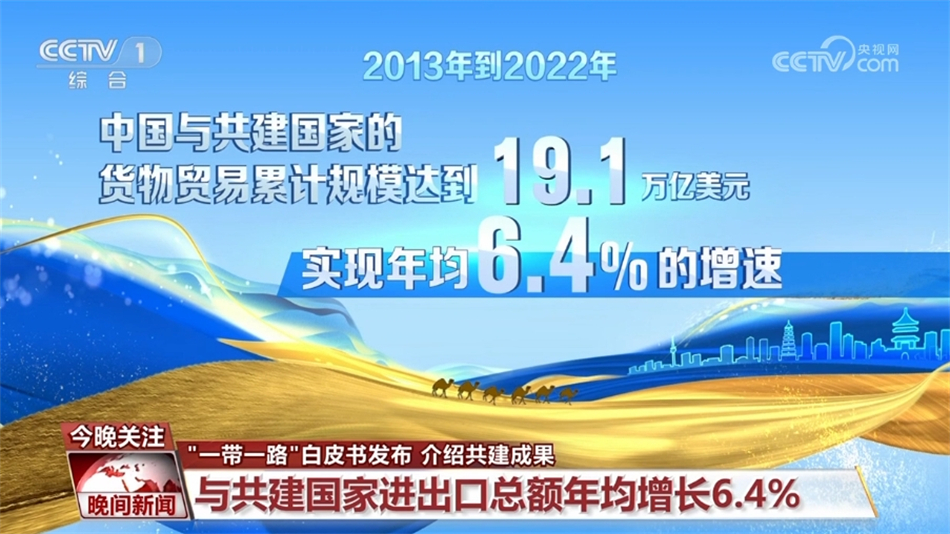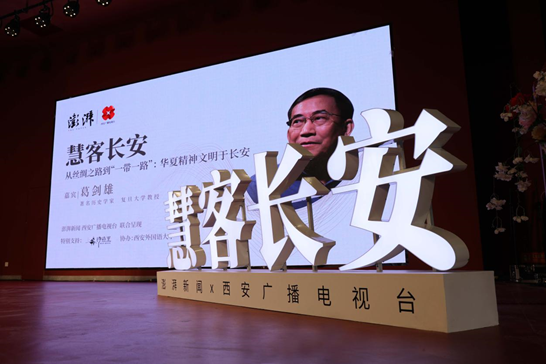Putin Praised China's Military Parade, And His Heart Was Mixed. China Is So Powerful That Russia Found Support.
Putin Praised China's Military Parade, And His Heart Was Mixed. China Is So Powerful That Russia Found Support.
#Send high-quality content and share the share# Putin's special plane crossed the sky of Beijing, leaving the warmth of four days of visit. He left with appreciation in his words, especially for the new weapons displayed at the military parade
#Send high-quality content to share the share#
Putin's special plane crossed the sky of Beijing, leaving the warmth of four days of visit. He left with admiration in his words, especially for the new weapons displayed at the military parade. There may be a complex emotion behind that admiration. China-Russia relations are indeed at the best period in history, which is "an unprecedented height" in Putin's words, but history always carries irony: At the beginning of the founding of New China, the Soviet Union was the big brother, and the aid of 156 industrial projects laid the industrial foundation of China, from tanks to aircraft, from machine tools to power stations, Soviet technology penetrated into every corner of China's construction. At that time, Chinese soldiers used Soviet weapons and learned Soviet military regulations, and even the textbooks of military academies were directly translated from Russian.

Decades have passed and the world has changed. The Soviet Union disintegrated in 1991. Russia has taken over most of the Soviet Union's legacy, but it has also carried a heavy burden. China has embarked on its own development path through reform and opening up. Especially in the field of military science and technology, China has changed from a student to an innovator. The weapons and equipment displayed in this military parade have far exceeded the scope of Russian-made weapons. From stealth fighters to hypersonic missiles, from drone groups to electronic warfare systems, China is showing a future-oriented combat system. Russian military experts privately admit that in some fields, China has been ahead of Russia for more than ten years.
This transformation must be in a complicated mood for Putin. He was born in 1952 and grew up in the heyday of the Soviet Union. He experienced the glory of a superpower. Now as the leader of Russia, he has to face the reality of a relatively decline in national strength. The Russian-Ukraine war has exposed the limitations of Russia's military capabilities. Western analysts believe that Russia has been demoted from a global military power to a regional power. This is undoubtedly painful for a country that once was on par with the United States, but the reality is so cruel.

In contrast, China has embarked on an upward curve along the foundation laid by Soviet aid that year. From imitation to innovation, from chasing to running side by side or even leading the way, China's military industry has formed a complete system and can independently develop and produce various advanced weapons and equipment. This military parade shows only the tip of the iceberg. When Putin sees these, he must be both emotional and gratified. He is moved by the impermanence of history, and is relieved that powerful neighbors are friends rather than enemies.
China-Russia relations are indeed at the best time in history. This kind of relationship is not an alliance, but it is better than an alliance. Based on common interests and similar strategic situations, China and Russia are getting closer and closer. The pressure from the West is greater, and China is closer. China may not necessarily provide weapons to Russia. However, China's existence itself is support for Russia. With China as a partner, Russia is much more confident when facing the West. Putin's voice to Zelensky before leaving is very evident - "Come to Moscow if you want to negotiate." Behind this confidence, there is support for China-Russia strategic cooperation. Russia knows that the West cannot suppress China and Russia at the same time. A great power, China's economic strength and military strength distract the West. In a sense, China and Russia have formed strategic mutual support, and this relationship is beneficial to both sides: for China, Russia has restrained the United States' attention in the West; for Russia, China provides economic support and strategic support, and the two countries coordinate their positions in the UN Security Council and support each other in international affairs. This cooperation does not target third parties, but has a profound impact on third parties. The international order dominated by the United States is facing challenges. This is not the inevitable result of China and Russia's decline in Western dominance.

Putin's visit symbolizes the arrival of a multipolar world, and the United States can no longer dominate international affairs alone. During this visit, China and Russia signed a series of cooperation agreements, from energy to finance, from science and technology to transportation, with a wide range of cooperation areas. These cooperations have consolidated the material foundation of the relationship between the two countries, especially energy cooperation, which not only meets China's needs, but also solves Russia's market problems. The west closed the door to Russia, but the east is open. This is a major change in the geo-economic pattern. Putin praised the "Belt and Road" initiative and expressed his active support. Russia's Eurasian Economic Union is connected with the "Belt and Road" and has opened up a new space for cooperation. This cooperation transcends a simple buying and selling relationship and is forming a deeper level of interconnection.
From the map, China and Russia occupy most of the Eurasian continent. The cooperation between these two land powers is changing the geopolitical pattern of the Eurasian continent. Historically, Eurasian continent has always been the center of world power. After the Age of Discovery, maritime countries once had the advantage, but now, land-powered countries are rising again, and China-Russia cooperation has accelerated this process.

Returning to Putin's mood, as a leader who has experienced the disintegration of the Soviet Union, he is well aware of the importance of national strength and must have felt a lot when seeing China's achievements, but Putin, a realist, is more clear that national interests are above everything else, and cooperation with China is in line with Russia's national interests. This is enough. There are no eternal friends in international politics, only eternal interests, but in the foreseeable future, China and Russia have a high degree of unity of interests, face Western pressures together, and jointly promote a multipolar world. This strategic cooperative relationship will continue.
When Putin left China, he took away not only a cooperation agreement, but also confidence. Faced with future challenges, Russia is no longer alone. With neighbors and partners like China, Russia has more confidence to deal with the West. This may be the biggest gain of Putin's visit. The international landscape is quietly changing, the era dominated by the West is ending, a new multipolar world is taking shape, and China-Russia relations are the microcosm and driving force of this change. Putin's four-day visit seems short, but far-reaching. Future historians may regard this visit as a turning point. When the Russian leader praised China's weapons and equipment, the world was different. The era when the Soviet big brother taught Chinese students is gone forever. Now, the two countries stand on a relatively equal position and face challenges together. This transformation reflects the great success of China's rise and is also a true portrayal of the changes in the international balance of power. Putin's praise may be a confirmation of the end of an era and a welcome to the arrival of a new era.





